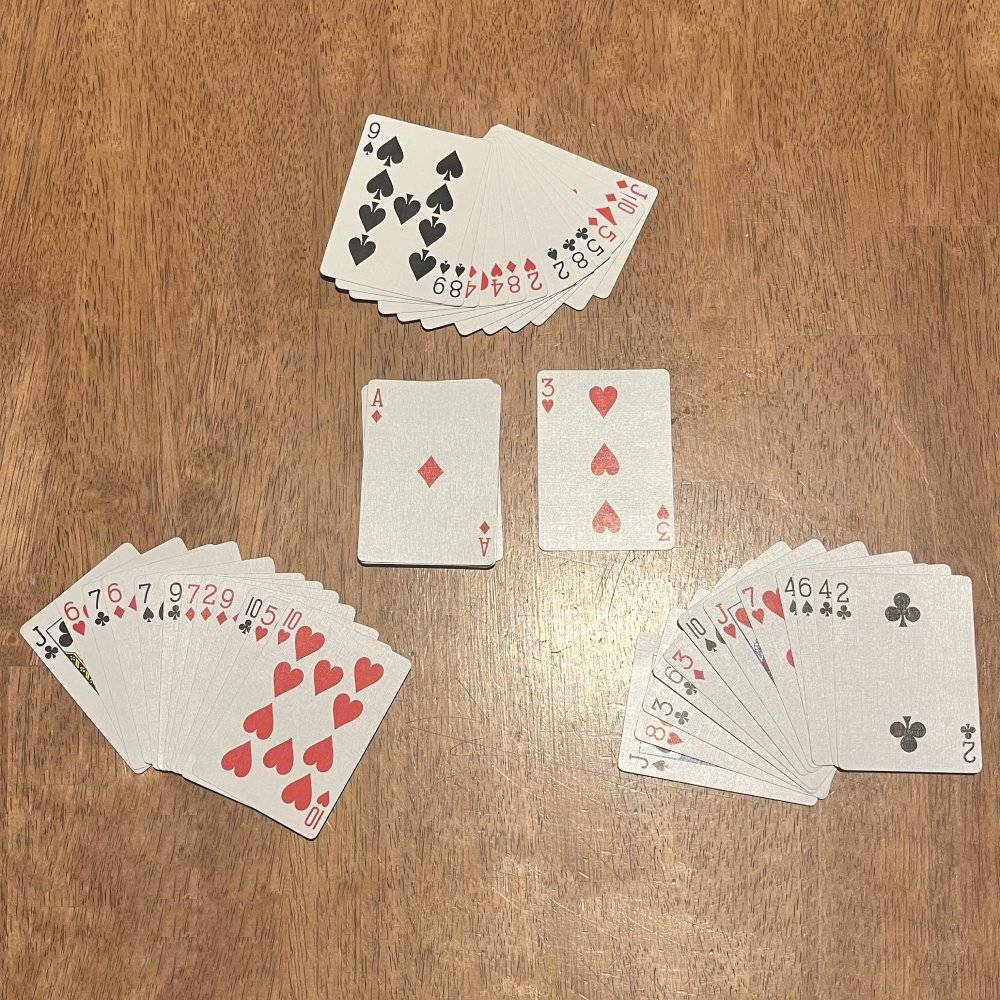
Enchère is a game conceived during my first meeting with Dr. Goadrich. There, I was assigned my first goal of research: to create games in the RECYCLE language and become...


Enchère ` (game (declare 3 ‘NUMP) (setup (create players ‘NUMP) (create teams (0) (1) (2)) (create deck (game iloc CASH) (deck (RANK (TWO, THREE, FOUR, FIVE, SIX, SEVEN, EIGHT, NINE,...

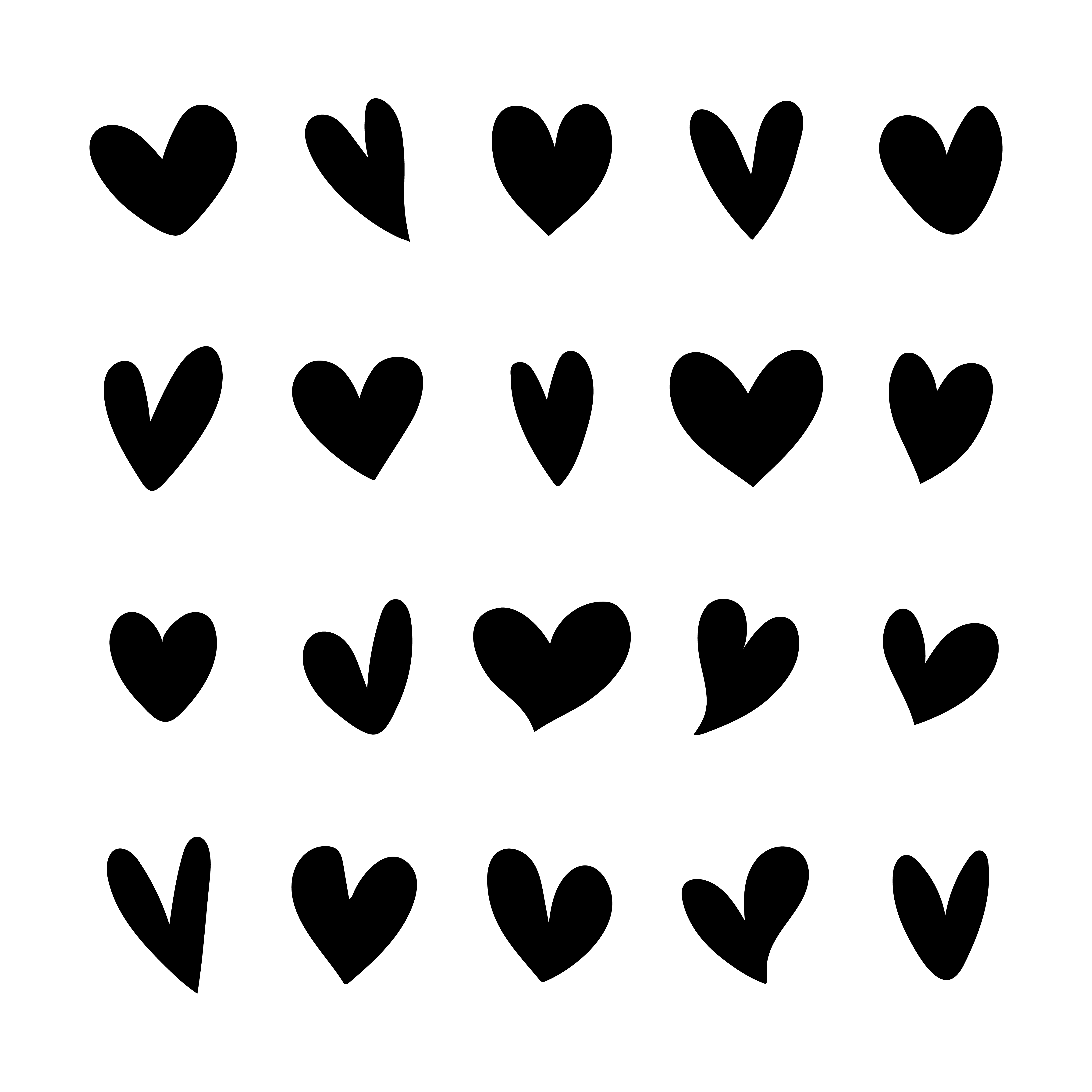
Our last post on Hearts showed that the Shoot The Moon strategy can actually be a viable option, with 9% of the simulations resulting in players collecting every penalty card....


It’s graph time! I really love these graphs, since the lead histories for Hearts visually show some very interesting properties of the game! Given our statistical analysis of Hearts, let’s...


The standard game of Hearts is coded in RECYCLE, so we can start up our simulations in CardStock with both random and AI players. As before, to gather statistics for...

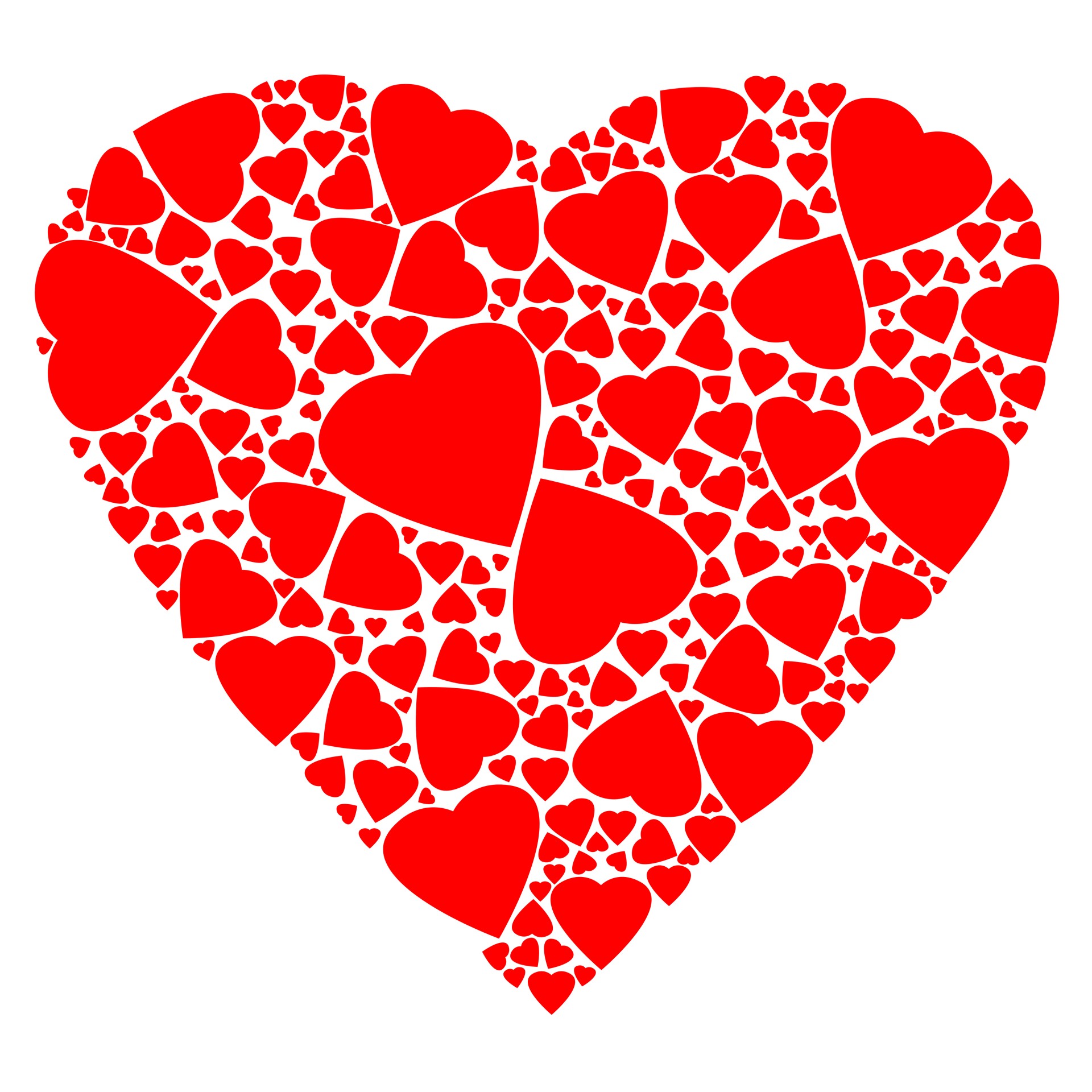
Our fifth game for analysis is a classic trick-taking game, Hearts! Hearts, and its family of trick-taking games, focus on avoiding tricks rather than collecting them, making them a nice...

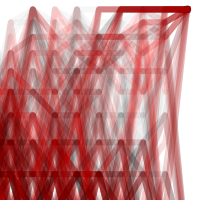
With our heuristics overview complete from the last post, let’s see how Agram scores on Fairness, Convergence, Spread, Drama, and Security. Some of the following graphs should look familiar, as...

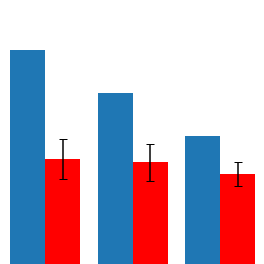
With Agram coded in RECYCLE, we can run many simulations in CardStock with both random and AI players to try and understand how the game works. Random players make a...

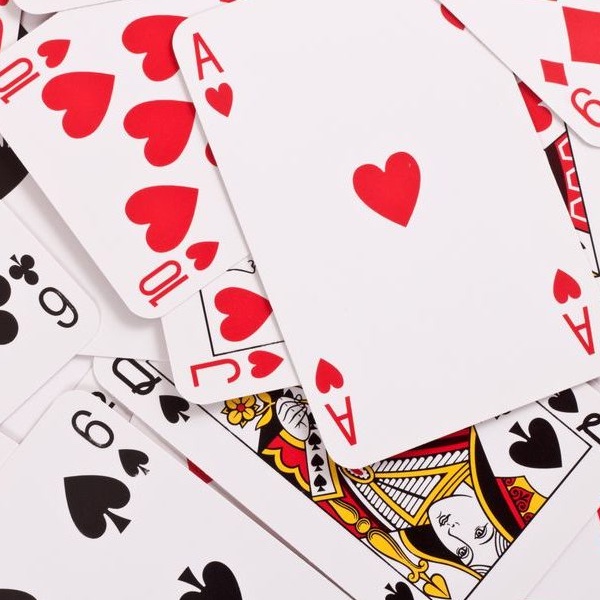
When we started the CardStock project, we began with games that were short enough to quickly run simulations, yet allowed for elements of skillful play. Agram, a simple Nigerian trick-taking...

The Shape of Card Games is an attempt to quantify the mechanics, genres, strategy, and tactics found across many different types of card games. Each week, we'll discuss a different game, showing how the rules can be captured with RECYCLE and simulations with both random and AI players in Card Stock can sketch out the heuristics of the game.